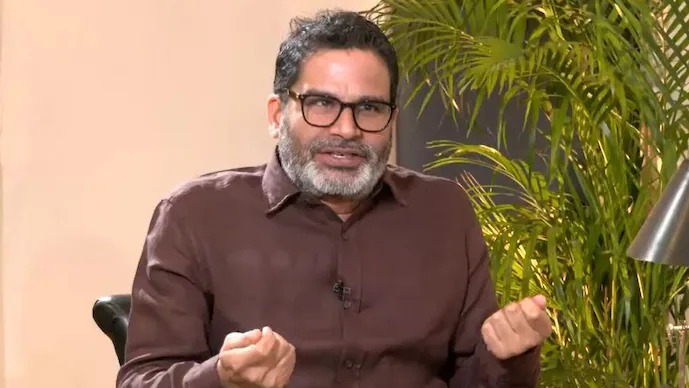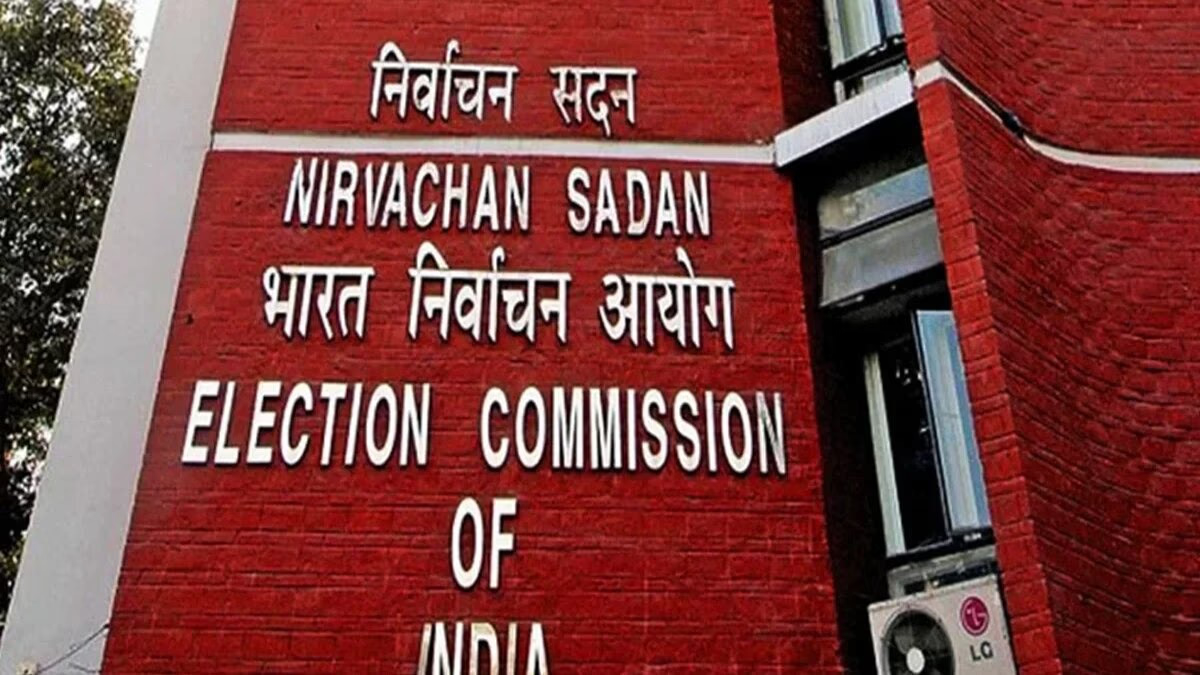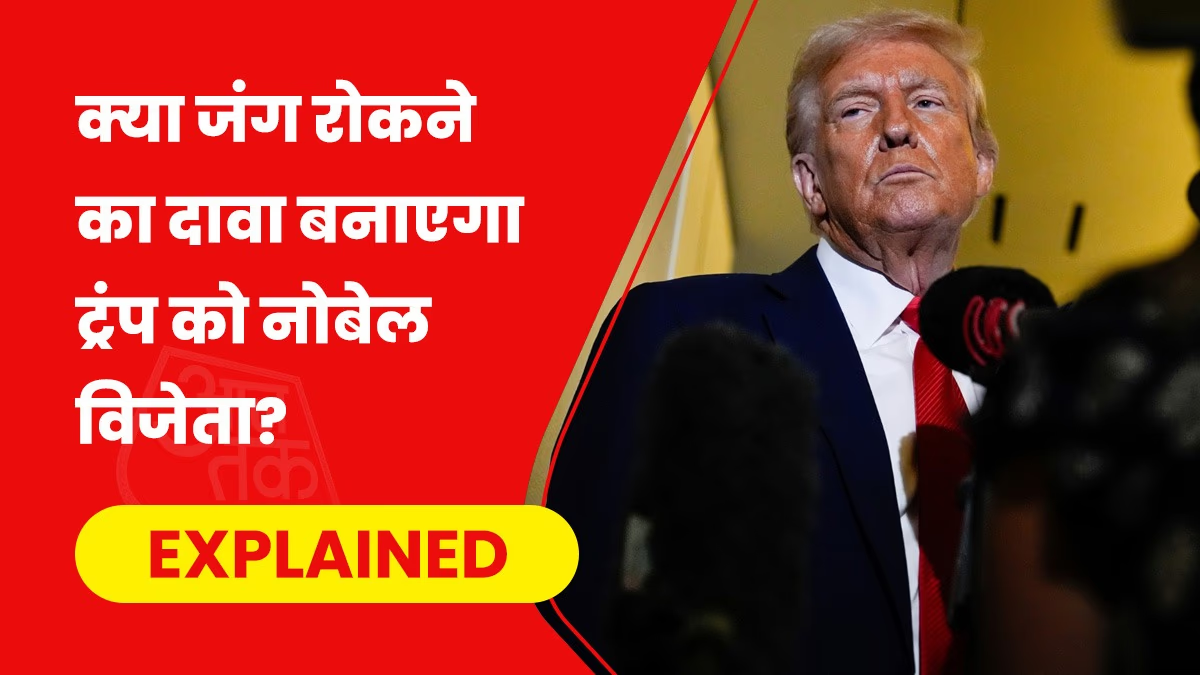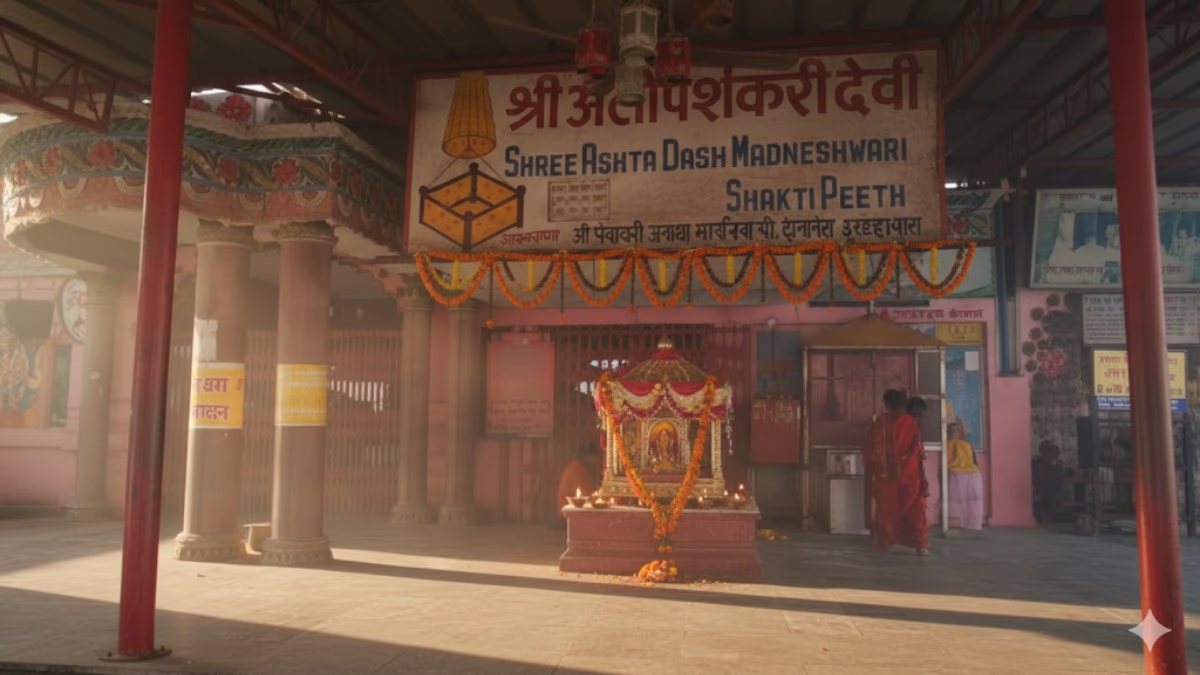Following the Parliamentary election results, NDA is set to form the government once again at the center. However, the BJP did not secure a majority this time, leading to Narendra Modi taking oath as Prime Minister for the third time with the support of NDA coalition partners. All the talk surrounding the election results chiefly revolves around exit polls and political commentators. Election strategist Prashant Kishor is also a target of scrutiny as his predictions have proven incorrect. He had claimed during interviews, while polls were underway, that BJP would win a majority, a claim that has been proven false.
In response to the questions raised, Prashant Kishor has now responded. In a conversation with India Today's News Director Rahul Kanwal and Consulting Editor Rajdeep Sardesai, PK admitted his prediction went astray.
Prashant Kishor was asked about his predictions during the election, stating he claimed BJP could match or exceed their 303 seats from 2019, which was incorrect. He anticipated Congress would win fewer than 100 seats – he was wrong. He asserted BJP would be the leading party in West Bengal – he was mistaken. He proposed BJP wouldn't lose many seats in Maharashtra and Rajasthan, but again, he was wrong. Does all this suggest that although you are a strategist, you should refrain from predicting numbers? Because now, people are pointing out that Prashant Kishor has been proven drastically wrong.
In his defense, Prashant Kishor said, 'It's no big deal. Anyone can be wrong. Akhilesh Yadav, who emerged as a hero in this election, had claimed they would win 400 seats in the assembly elections, but they ended up with 125. That doesn't mean Akhilesh's political understanding has vanished. Amit Shah said BJP would win 200 seats in Bengal, but that didn't happen. It doesn't mean Amit Shah lacks political insight. Rahul Gandhi claimed Congress was set for a majority government in Madhya Pradesh, winning 200 seats, yet they suffered a terrible loss in the state. This doesn't imply that Rahul Gandhi has no political comprehension. I admit, our numbers were off, but so were those who said BJP would only secure 180 seats.' He continued discussing the difficulties of field observations and forecasting in politics.
Prashant Kishor stated that being trolled for incorrect predictions isn't justified – his foresight was 20% off due to unexpected results in five rounds of voting, with the worst outcomes materializing in the seventh round, post-interview. He pondered the challenges of converting vote share into seats and voiced concerns about the reluctance of individuals to express their opinions openly, potentially skewing poll predictions. Further, he reflected on the fear factor affecting voter honesty and shared insights from his fieldwork which involved gauging the electorate's mood.
Kishor mentioned his prior work in Andhra Pradesh, where his prediction about Jaganmohan Reddy's defeat came true – contrary to field surveys suggesting strong support among women and the poor for Reddy's government. He talked about the surprise of the opposite election result, highlighting the 'fear factor' as an influence on voter transparency.
Prashant Kishor concluded by discussing the risks and efforts involved in conducting exit polls and the nature of political predictions. He stressed the importance of accurate data collection while acknowledging the potential inaccuracies when voters provide misleading information.




